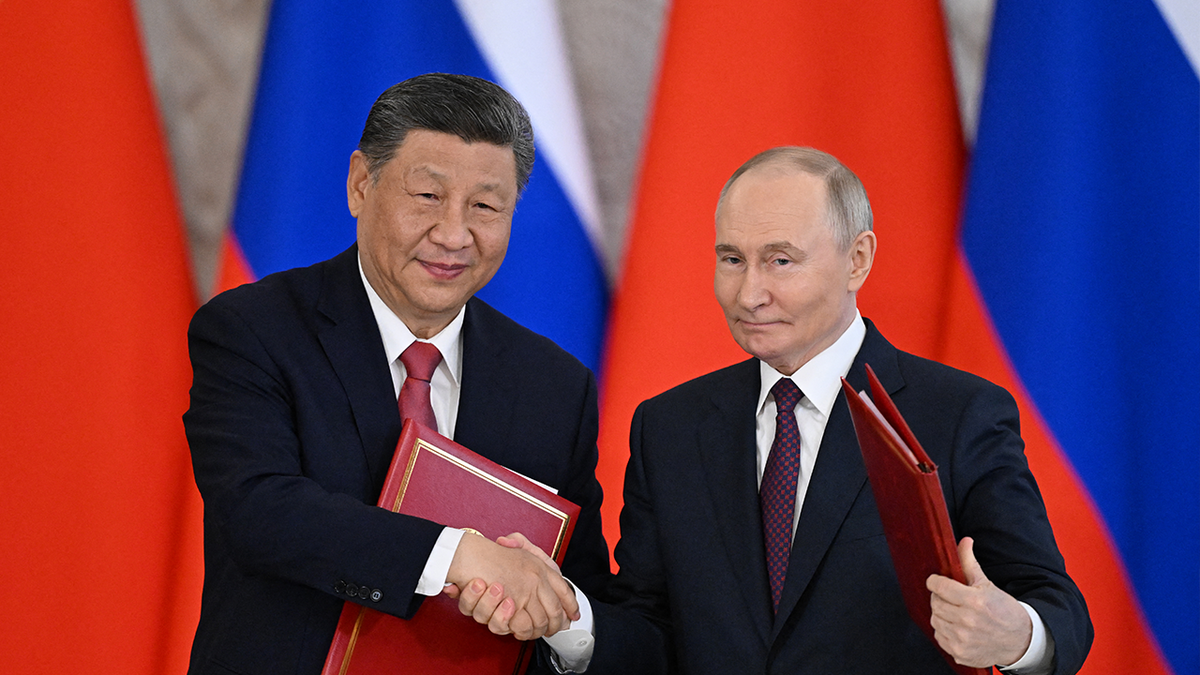
A hopeful, global scene showing a diverse team of health workers and educators in a sunlit rural clinic and classroom, mothers with newborns receiving care, children getting vaccinations, and nets hung to prevent malaria; maps and charts hinting at eradication goals for malaria, measles, and polio; clean water taps and schoolbooks symbolizing poverty reduction and education; community leaders collaborating with researchers, emphasizing local engagement, innovation, and partnership; warm, inspirational lighting suggesting a large philanthropic investment accelerating progress toward healthier futures by 2045.
Summary
Bill Gates announced he will give away 99% of his wealth and wind down the Gates Foundation by 2045, accelerating roughly $200 billion in spending to save tens of millions of lives through global health, poverty reduction, and education. The foundation will prioritize reducing maternal and child mortality, eradicating infectious diseases like malaria, measles, and polio, and expanding opportunities in lower-income countries, while emphasizing local engagement and culturally informed solutions. Both Bill Gates and Melinda French Gates underscored urgency over perpetuity, arguing philanthropy should complement—not replace—government aid, and warning that recent U.S. and European foreign-aid cuts risk reversing hard-won progress. Despite criticisms of philanthropic influence and tax advantages, they expressed optimism about innovation pipelines and increased leadership from affected countries, aiming for a lasting legacy beyond the foundation’s closure.
Key Points
- Bill Gates pledges to give away 99% of his wealth and close the Gates Foundation by 2045.
- About $200 billion will be accelerated into global health, poverty reduction, and education.
- Priorities include reducing maternal/child deaths and eradicating diseases like malaria, measles, and polio.
- Gates and French Gates warn that foreign-aid cuts could increase child mortality and stall progress.
- They stress local engagement, innovation, and government partnership to sustain long-term impact.